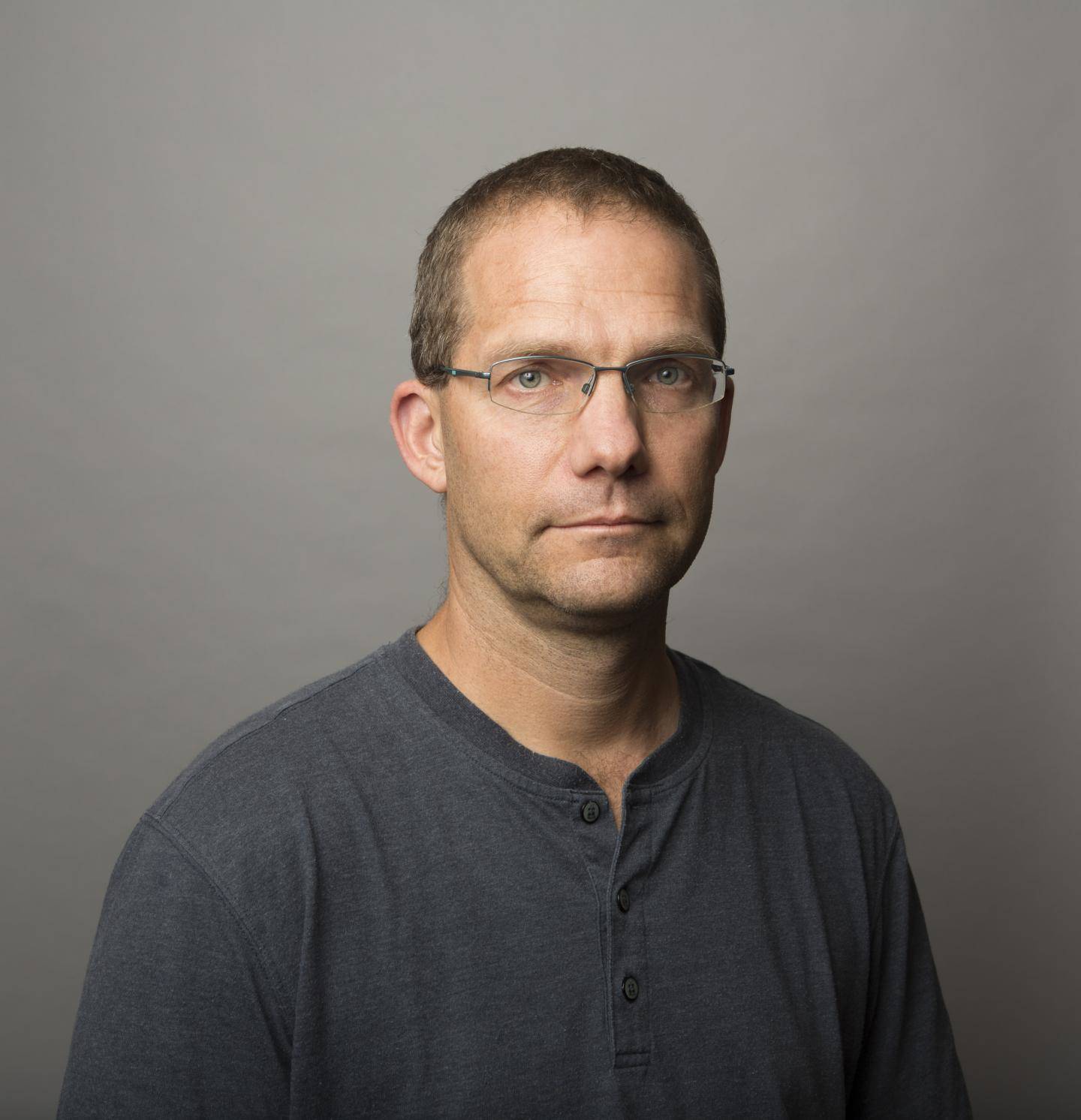
Credit: Provided by Baycrest Health Sciences
Patients who survive a brief cardiac arrest and who appear neurologically intact should nonetheless receive a detailed neuropsychological assessment before being discharged, suggests a joint study by researchers at Baycrest's Rotman Research Institute (RRI) and Israel's Rambam Medical Center.
The study, recently published in the journal Resuscitation, found that patients discharged in "good neurological condition" after a brief cardiac arrest (when the heart suddenly stops beating normally and cannot pump blood effectively) had significant memory problems and a 10 to 20 per cent reduction in size of their brain's memory region, the hippocampus. Individuals who performed worse on memory tests showed greater changes to their hippocampus.
In Canada and the U.S., 464,000 people suffer a cardiac arrest outside of a hospital with an average of 46,400 people (10 per cent) surviving these incidents annually. It's estimated that 20 to 50 per cent of these survivors continue to experience memory and cognitive problems that impact their quality of life.
Comprehensive neuropsychological testing could provide cardiac arrest survivors better support for the challenges they may face upon discharge, says Dr. Vess Stamenova, first author on the study and a postdoctoral fellow at the Women's College Hospital, who completed the research during her time as a fellow at the RRI.
"Identifying patients at risk will allow cardiac arrest survivors to have appropriate recommendations for rehabilitation before they are discharged," says Dr. Stamenova. "These people may go home and think they are neurologically fine, but then they realize things have changed and they may not be able to do their job, and it can be difficult for them to figure out where to seek help."
Dr. Stamenova adds that a comprehensive neurological consult would be helpful to patients, since individual cognitive screening measures such as the Cerebral Performance Category Scale, Mini Mental Status Examination and the Montreal Cognitive Assessment, cannot detect the memory problems faced by cardiac arrest survivors.
This joint study conducted neuropsychological assessments and brain imaging on 18 patients who either had a heart attack or brief cardiac arrest at the Rambam Medical Center in Haifa, Israel. Patients who had cardiac arrests lasting for a brief period before receiving CPR (less than three minutes on average) were tested between two to four years after the incident.
The hippocampus is known to be sensitive to a lack of oxygen, but the effect is larger than expected, says Dr. Stamenova. This is the first study to capture brain imaging of patients who had short cardiac arrests. Previous research has looked at animals or patients with more prolonged cardiac arrest.
"Unfortunately cardiac arrest survivors may return home after the incident without a clear understanding of their memory deficits or access to rehabilitation programs," says Dr. Asaf Gilboa, the paper's senior author, scientist at the RRI and assistant professor of psychology at the University of Toronto. "Arming these patients with appropriate resources will improve their recovery and allow them to resume their day-to-day activities."
###
Support for this study was provided by the European Commission, the Centre for Stroke Recovery and the Sandra A. Rotman program in Cognitive Neuroscience.
About Baycrest Health Sciences
Now in its 100th year, Baycrest Health Sciences is a global leader in geriatric residential living, healthcare, research, innovation and education, with a special focus on brain health and aging. Fully affiliated with the University of Toronto, Baycrest provides excellent care for older adults combined with an extensive clinical training program for the next generation of healthcare professionals and one of the world's top research institutes in cognitive neuroscience, the Rotman Research Institute. Baycrest is home to the federally and provincially-funded Centre for Aging and Brain Health Innovation, a solution accelerator focused on driving innovation in the aging and brain health sector, and is the developer of Cogniciti – a free online memory assessment for Canadians 40+ who are concerned about their memory. Founded in 1918 as the Jewish Home for Aged, Baycrest continues to embrace the long-standing tradition of all great Jewish healthcare institutions to improve the well-being of people in their local communities and around the globe. For more information please visit: http://www.baycrest.org
About Baycrest's Rotman Research Institute
The Rotman Research Institute at Baycrest Health Sciences is a premier international centre for the study of human brain function. Through generous support from private donors and funding agencies, the institute is helping to illuminate the causes of cognitive decline in seniors, identify promising approaches to treatment, and lifestyle practices that will protect brain health longer in the lifespan.
For media inquiries:
Jonathan MacIndoe
Baycrest Health Sciences
416-785-2500 ext. 6579
[email protected]
Michelle Petch Gotuzzo
Baycrest Health Sciences
416-785-2500 ext. 6932
[email protected]
Media Contact
Jonathan MacIndoe
[email protected]
416-785-2500 x6579
@Baycrest
http://www.baycrest.org
Original Source
https://www.baycrest.org/Baycrest-Pages/News-Media/News/Research/brief-cardiac-arrest-tend-to-the-heart http://dx.doi.org/10.1016/j.resuscitation.2018.02.016





